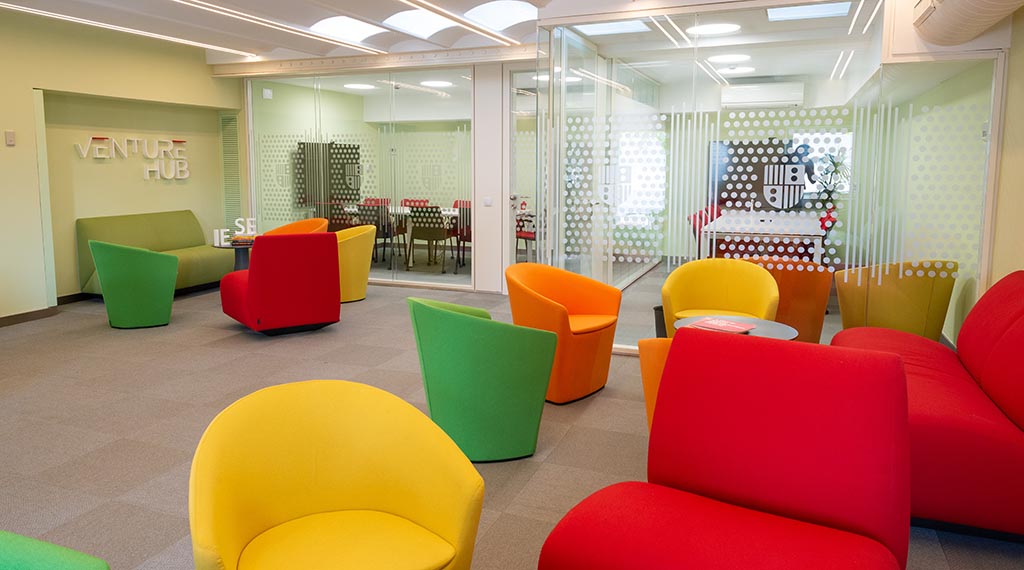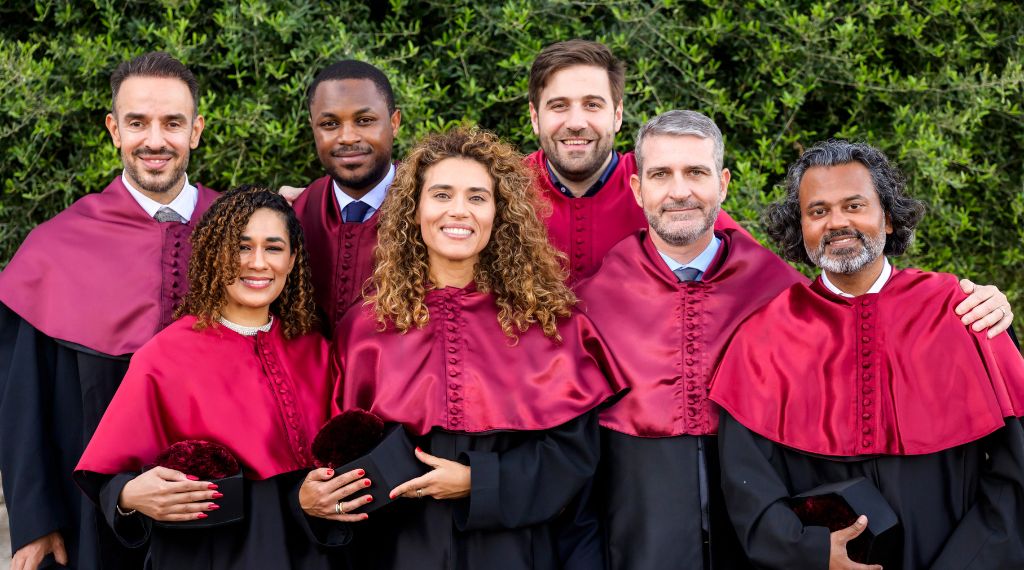
Stories
Looking ahead, one year into pandemic
IESE faculty research helps make sense of what's next
The development and deployment of vaccines brings hope for renewed human connection.
March 11, 2021
The World Health Organization declared the coronavirus a global pandemic one year ago today. Over the past 12 months, nearly every corner of the world has come to know the suffering inflicted by the virus. While it’s been a year of devastating loss—of loved ones, livelihoods and life’s joyful shared experiences—the rapid development of vaccines has given us something to be optimistic about on this otherwise sad anniversary.
With an eye toward a future, hopefully not so far away, when the health crisis is over, we’ve collected a small sampling of IESE faculty research done during the pandemic that could serve to make sense of the still-uncertain post-COVID world.
How will we work? How will leaders adapt businesses to a new reality? What opportunities exist for innovation, the environment and modern cultural connection?
Here’s what some of our professors think.
On deference and compassion
Professor Sebastian Reiche has devoted much of his research over the years to the challenging nuances of cross-cultural workplaces. With the pandemic having accelerated the geographical distancing within companies, his work has gained a new edge.
His research last year with colleague Tsedal B. Neeley into how executives leading offices in countries other than their own can best acclimate to the local culture could be applied to those leading virtually as well as in person. Based on a study of 115 global leaders, Reiche and Neeley found that the key to success was humility, or “downward deference,” upon recognizing they have “less expertise, networks, and influence relative to their local subordinates.”
Fittingly, the research concluded that the main goal of downward deference was to reduce social distance, something so much of the world is so eager to do.
On crisis management
Last month, Professor Jaume Ribera presented to IESE MBA students his case study on how Vall d’Hebron University Hospital transformed itself during the first wave of the pandemic in order to manage the greatest health crisis in its 65-year history.
While its findings—the first of their kind to focus on hospital pandemic management—were gleaned from the devastating early months of the coronavirus, they will endure as lessons in crisis management for hospitals battling future health threats as well as business leaders navigating their organizations through inevitable crises.
Ribera, along with hospital managing director Albert Salazar, concluded that to meet an acute challenge health centers and other organizations must quickly break down traditional silos, share knowledge and work jointly across specialties.
On remote work and sustainability
A large study by Professor Mireia Las Heras and Júlia Gifra to be published next month takes a deep dive into the remote working revolution that the coronavirus so abruptly sped up. The research begins by debunking several teleworking myths (e.g. working from home does not, contrary to popular belief, hinder innovation) before examining some effects of a workforce increasingly at home. It also looks at how several companies implemented WFH policies that Las Heras encouraged last year.
You can also look forward to an investigation of how increased work flexibility, by reducing the need for daily commuting and the energy-guzzling upkeep of large office buildings, could lead to pivotal progress in building a more sustainable world at a moment of climate crisis. And a healthier planet will make for healthier people.
On the future of leadership
Ongoing work by Professor Yih-Teen Lee grapples with some of the biggest business world questions about the future: how many of the changes brought by the pandemic will be permanent? And what concrete skills will leaders need to adapt?
It’s clear to Prof. Lee that the pre-COVID work world is gone for good. But future leadership will require embracing the new while maintaining what worked best in the old normal. The newly urgent capabilities for leaders to develop or improve include rational empathy for colleagues coping with nerve-racking change, agility and the rigorous experimentation of various management styles.
But the crux of Prof. Lee’s findings is that the most successful leaders in the post-pandemic world will have to behave as “social bridges” while practicing what he calls dynamic balancing. While technology and remote working have made people capable of working together at a distance, the challenge is making that basic connection meaningful. Social bridging lies in fostering behavioral, cognitive and emotional connections between colleagues who going forward will be more likely to collaborate from their homes or across national borders. And leading this type of work will demand respect for individuality and individual circumstances.


